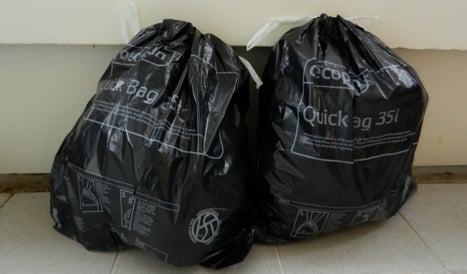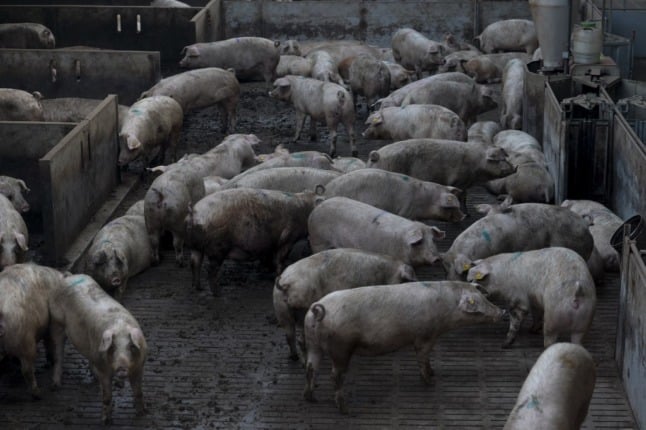The polluter-pay principle, affecting 500,000 residents, was adopted by the municipalities in a bid to encourage recycling and reduce waste.
It involves charging an average of two francs for authorized 35-litre plastic garbage bags.
The bags are white to distinguish them from the traditional black ones.
But the city of Lausanne reported that only around half of the bags put out for collection this week were the ones authorized.
“The last week we collected all the bags,” Fadi Kadri, head of the city’s sanitation department, told the ATS news service.
“From now on we will no longer take the black bags or loose garbage,” Fadri said.
Vaud municipalities have launched public awareness campaigns to notify residents of the change in policy.
But in addition to non-compliance, officials may also have to deal with counterfeit garbage bags.
Such bags have surfaced in communities to the west of Lausanne, such as Gland, Coppet and Allaman, 20 Minutes newspaper reported online on Wednesday.
The newspaper interviewed residents who have bought bags from people selling them in parking lots outside shops.
“Two hundred 60-litre bags for 220 francs . . . it’s surely not right but I bought them anyway,” a woman identified as Marisa told 20 Minutes.
Cantonal police have not yet tracked down any vendors of such bags although they have asked anyone who becomes aware of such people to contact the force.



 Please whitelist us to continue reading.
Please whitelist us to continue reading.
Member comments